“I have had to learn to live through a series of everyday mini-adventures” – interview with Erik Witsoe
Erik Witsoe moved to Poland from American a few years ago. Locals love his atmospheric pictures of Poznan where he settled down and became part of the community. We’ve asked him about his move to Poland, his experiences and perception of Polish people and lifestyle.
Why did you move to Poland?
So that my fiancée could get her masters degree and now PHD… and also for her to be closer to her family. She is from Wlodawa along the mid-eastern edge of Poland but had lived in Seattle for twelve years and this is where we met.
It comes down to this: where she goes, I go.
What was your first impression of Poland?
How amazingly colorful it is. The first time I had ever been here was seven years ago during the summertime to meet her family. We landed in Warsaw at midnight and then her family drove us back to Wlodawa that night (which on itself is sheer amazing that they would drive the five hours to get to Warsaw and then simply drive back to Wlodawa the same night). So I never saw Poland really until the next morning….and when I did…wow! Amazing. So much color. The buildings are colorful, the summer season is full of bright colors and the people dress in so much color! Outstanding.
Colorful….and that I would have a LOT to learn.
Almost the next time I stood in Poland was when we landed upon moving here. Never had I been to Poznan before and upon landing I had the opportunity to explore and again was floored by how beautiful it is and how vastly different it is from my own city of Seattle. This second time on landing the idea of this being my home began to settle in and the language began to stand out glaringly at me as the next immediate challenge I would need to face. But, I first needed to learn how to get around and purchase food. A few lessons from Agnieszka about how to order at the deli counter and I was off and running. Tram and trains presented a new problem as to direction and ticket purchasing. Since Agnieszka was in school every day I was a bit alone in how to navigate. I made some mistakes that took me in the wrong direction, but I made it and learned from it.
For the first year living herein Poznan, we lived in Swarzedz just outside around 8 km away. Living here was kind of like living in a bubble. Life was different than living in the city, but since I had no idea how different I just earned to enjoy what was in front of me. When we moved into the city (Jezyce) suddenly life took on a different turn, there were trams to deal with, a walking commute to the coffee shop, new areas to explore…and then I would have to find my way home at night! I loved it!
What has changed in your life since you’ve moved to Poland?
I am still the person that I have always been, but I am also so much different as a person. So much has changed for me personally that it is hard to pin point exactly what and to what extent. I feel that since living here I have had to learn to rely on myself much, much more. Trusting in myself and my abilities and to lean on my strengths while learning to leave my weaknesses behind and not focus on them so much.
The challenge of living here is that it IS challenging. There is always an issue or some kind of situation that needs attention. I have to get creative in how to deal with them and decide if they are worth dealing with, etc. In the time I have lived here I can easily say that I have had to learn more about myself than I ever thought possible. Every skill that I have learned along the way in life somehow becomes useful again. In many ways, I have had to become a jack of all trades and really create my own existence here. But, I also love this part very much.
I have had to learn to live through a series of everyday mini-adventures. Going shopping requires work to know what I am looking for, trying to read labels, finding the items that I need, etc. What is easy for you, the native Polish person is 10x as difficult for me. Hence the term “adventure” because for the most part, each day feels different, brings different results, new challenges, new ways to deal with challenges, etc. I bring my camera everywhere and try to document many of these little differences and adventures. Sometimes these can bring weariness and the desire to have it “easy” but I also try and remember exactly what the trade off is…and for me it was boredom. I am seldom if ever bored here. Challenged, yes…but bored? No.
What do you like about living in Poland?
Just about everything. I really enjoy the differences from what I know from home and my current life here. I love to discover life and how it is unfolding around me. I love the seasons and how people build their lives around them.
I embrace the differences that unfold around me. Everyday details that you may take for granted please me to no end. I love, LOVE, observing people and how they move through their own life. This is what leads me to doing so much street photography here. These little pieces of life make me smile all of the time. I love discovering myself in all of this. I love that my life has taken a turn and brought me here where I have discovered more about myself in the last five years than any previous time. I love that I have somehow managed to create a story for myself that others seem to enjoy and through the telling of it I discover even more about how it impacts and inspires people all over.
I love the feeling that as I am walking down a street, the sense of history can be overwhelming and in the right light it becomes easy to time travel almost. I love walking through the Stary Rynek early in the morning or in adverse weather conditions, watching people starting their day, imaging that it could be another time.
As an artist and photographer, I often see the word in a kind of cinematic way. Film has been a deep source of inspiration for me from the earliest of my years. And now walking through the streets of Poland, I find myself living in a sort of cinematic experience. Every day, my film takes a new turn, some new weather creates an interesting atmosphere making character study even better as I watch the people on the street going about their lives. I can ride a tram that is 50 years old, looking out the window at buildings that are twice that age. I meet and see people that become the cast for my cinema. And at the end of the day I have a really interesting selection of images that reflect my cinematic journey through my new life here in Poland. And I love it.
Is there anything you would change/improve in Poland/Polish people?
For the people I would love to see a bit less scepticism and some more trust. Perhaps a bit of empathy as well. Having owned a coffee shop here, it surprised me endlessly how little trust people have and how much scepticism plays a part of the everyday life. It is exactly opposite where i come from. People do trust and are not so sceptical to begin with. Sure, if there is a reason then the trust goes away. But here, there is no trust until you earn it. But, what are the rules and for how long will it take and…etc. Nobody knows.
When I opened up the coffee shop, people were instantly skeptical as to why I would be there. Smiling. They didn’t want to get close because they were sure that I would be gone in a month. They would look at my prices and tell me I would never make it (too high) or that I would never survive (too low…which they were). They wanted to see the bag where the beans came from because they knew I must be lying. I would sometimes stand outside and just smile or say hello to folks as they passed. I was told to stop because it makes people fearful and uncertain. I kept on though. After four years of doing it I had a large following of folks stopping by, knocking on the window, waving ,etc…I still see them on the streets occasionally and they tell me they miss me being there. And not one of them ever came in for a coffee. The smiles were always free.
For the country…I would love to see less reklama (advertising). With so much technology around, and people with a love for technology it surprises me to no end at how much there is still a need to cover every inch with ads nobody sees anymore. Do I really need to see a 10 meter ad about IKEA covering a beautiful building? Do the people that work in the various meat shops really need to have a giant sausage covering the windows? Does every bra and panty store really need to have every single intimate item covering the windows? Is it really necessary to hand out thousands of paper bills on every busy corner in the city? Only to have them litter the streets and fill the cans. On and on and on…
People have grown so used to the ads everywhere that they no longer see them which means in turn the people creating the ads go bigger, more in your face, blaring their white noise until you no longer see that and then repeat. It saddens me to see all of this noise filling the streets and cluttering the mind.
What is your advice for people that are planning to move?
Have a sense of humor…or develop one. There is much to the general life here that will require one. Have an open mind, meet new people, watch and observe. Learn to roll with it. NOTHING will be the way it is for you “back home”. Get over it, accept it and move on.
You will have challenges. Lots of them. From finding a plumber to getting a visa. Going shopping and learning to find an entire set of products that you are not familiar with and cannot read the labels is enough to send people packing back home. Learn to roll with it. For the first few months (and still) I would buy items not knowing what they were but having an idea. Sometimes I was way off base and it wasn’t anything I thought and sometimes I was pretty spot on. But I loved it because I felt like I was learning something new each day. Something small that I could control and have fun with.
The first few months will be roughest. Reach out. Find local groups or people to meet and gather with them. There is a really good expat community here and is also very supportive. Learn what works for you in this manner. You don’t have to like everyone, but it is important to meet and listen to stories about life here. Sometimes this is the best way to learn about living in the community.
Understand this: the language is VERY DIFFICULT. It will be difficult to understand, to speak, to read. But also understand that it is not impossible and a little at a time will get you to where you need to be. Although as a general rule anyone under 30 will speak English, don’t always rely on that fact that someone will speak English. And here is the trick…they may know and speak English, but they still may now speak it because they are often afraid of being judged about their level of English or if they will be even understood. Be patient for yourself and others. Little steps, big rewards.
During my first few months of being here, when the newness of my environment overwhelmed me I would spend an hour sitting in Stary Browar because it reminded me of some of my life back in the States. This would be enough for me to settle down and go back out discovering.
Explore. Travel. Soak up the culture. Be uncomfortable. Learn about yourself and the value you are. And above all ENJOY THE RIDE!
After many years of living in Poland do you feel at home or there is still part of you that feels foreign?
Yes to both. I feel very much at home and at the same time I feel I am still foreign. Now though, I see people looking at me and wondering where I am from and then I ask for something in Polish and they are even more confused. (I still understand more than I speak, but I did develop a good accent). But now, I embrace the differences in my new life more than ever before.
I have now entered into a comfortable level of daily existence here. I am fairly comfortable with how life here moves, how the people are, the food, etc. I am not so easily shocked or put off anymore. I still have so much more to learn, including the language, but instead of that being a problem I am very much up for the new challenges. This is new for me.
I traveled back to Seattle this last spring for the first time in Five years. What I was surprised by was that everything felt ordinary to me, not many differences. I could suddenly read all of the signs, labels, papers, I could speak with anyone I chose to, I could simply order something and it would appear. My memories of this city no longer really matched what I saw. Everything was “easy” and I felt unchallenged which was nice for my travel but it reminded me of all of the reasons that I truly love my new life and embrace it all the more.
If you want to know more about Erik visit his page and read his essey about Poznan.


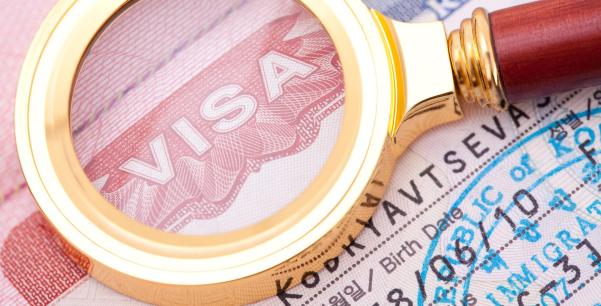
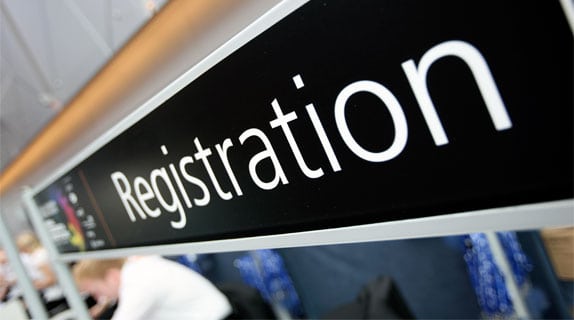
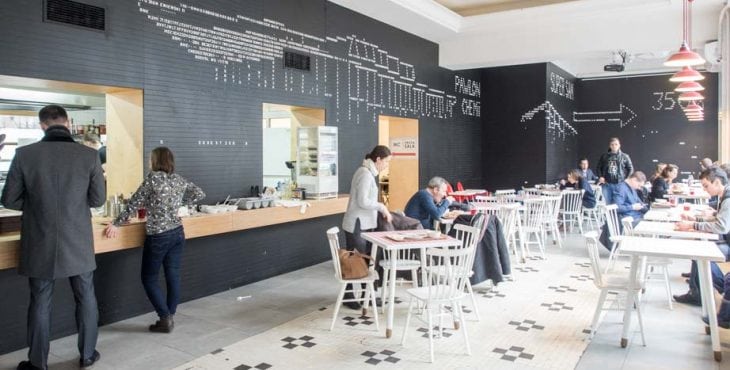





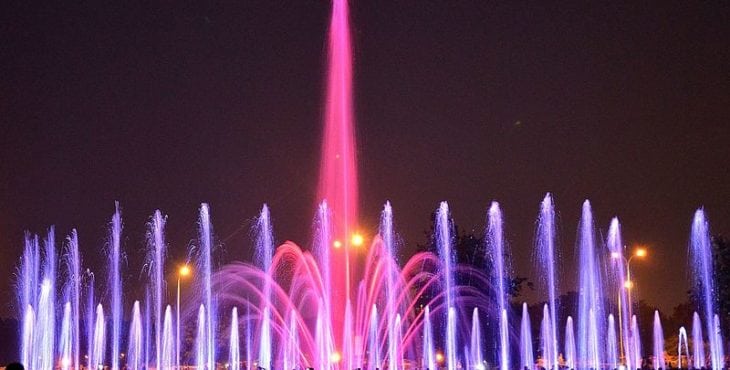
![By Adrian Grycuk (Own work) [CC BY-SA 3.0 pl (http://creativecommons.org/licenses/by-sa/3.0/pl/deed.en)], via Wikimedia Commons Warsaw Multimedia Fountain Park](https://upload.wikimedia.org/wikipedia/commons/thumb/a/ab/Warsaw_Multimedia_Fountain_Park_2.JPG/1024px-Warsaw_Multimedia_Fountain_Park_2.JPG)

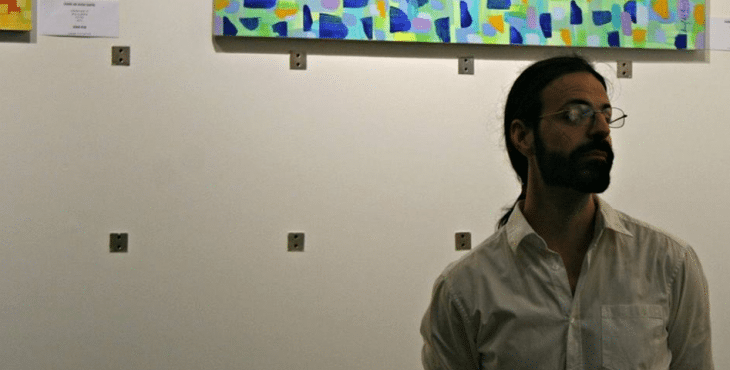
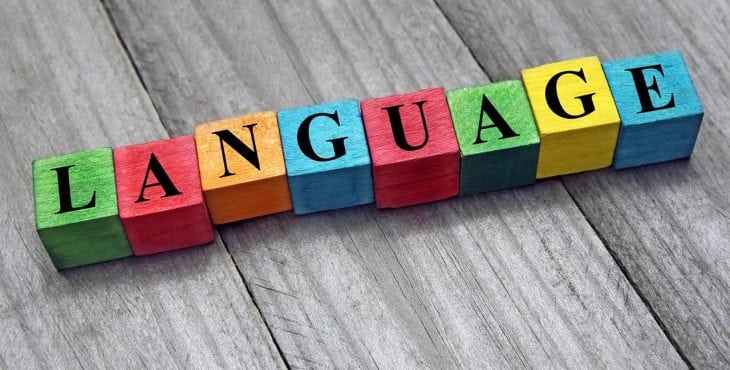





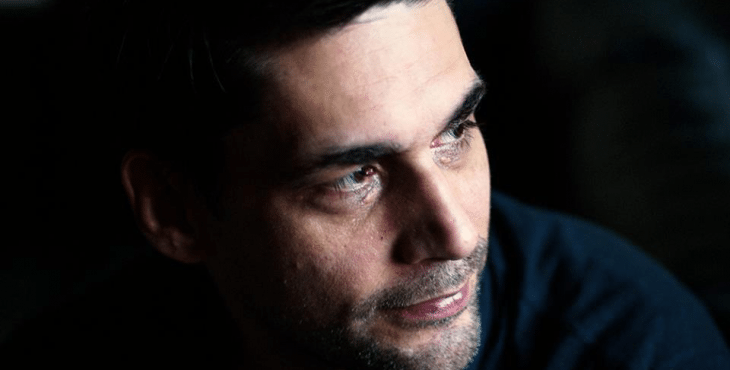
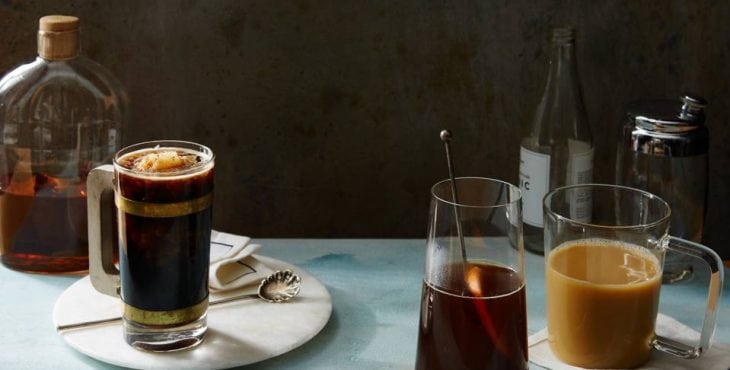


![By Adam Kozłowski (Łódź Design Festival ([1])) [CC BY-SA 3.0 (http://creativecommons.org/licenses/by-sa/3.0)], via Wikimedia Commons Łódź Design Festival](https://upload.wikimedia.org/wikipedia/commons/9/9f/%C5%81%C3%B3d%C5%BA_Design_Festival.jpg)